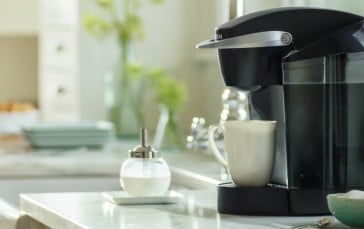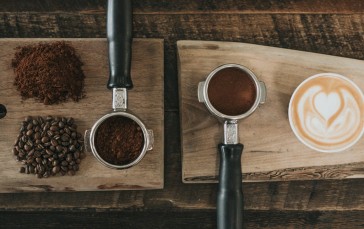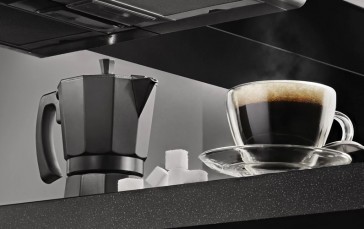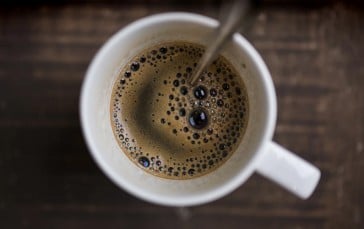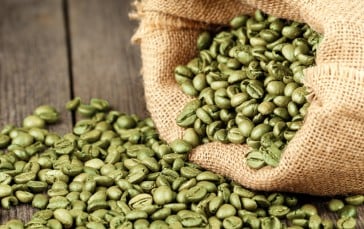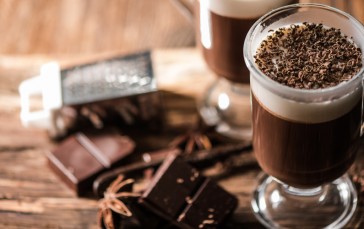Robusta and Arabica Coffee Beans
Where would we be without our daily dose of coffee to perk us up in the morning? For many, it is the go-to solution to drag ourselves from a zombie-like haze after getting out of bed while standing next to your coffee machine to (almost) prepare us for the day. But while a lot of us rely on coffee, few understand the difference between how different types of coffee work. There are primarily two types of coffee bean that are used in our daily drink: Robusta and Arabica. You’ve no doubt seen it on the side of the bag or tin, but this doesn’t mean that you understand what it means, and you are not alone. To save endless researching when you obviously don’t have the time (who does?), we’ve put together a helpful list of the 7 differences between Robusta and Arabica coffee beans to help give you a better idea.
1. The Strength
Robusta contains nearly half as much caffeine in a single bean when compared to Arabica. If you still feel bleh despite the four or so cups of coffee you have consumed in the morning, it might be because you are using the wrong type to give you an adequate perk-up on those difficult grey mornings. Because of this caffeine difference, Arabica coffee is used more when creating decaf coffee as it is much more flavorful and full-bodied than cheaper instant coffee blends.
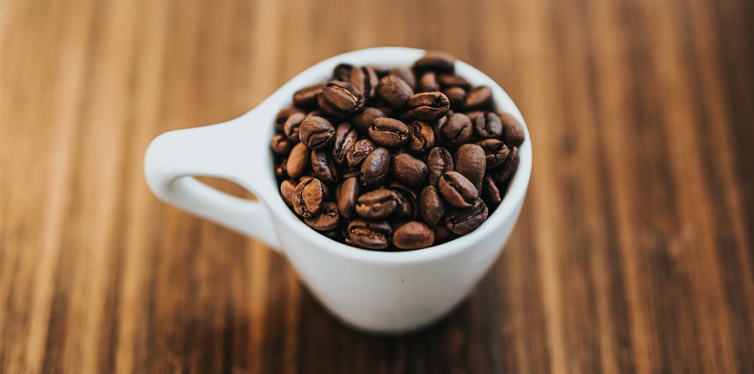
2. The Taste
It is actually because of the increased caffeine in Robusta beans that contribute to the different tastes. Caffeine brings with it a bitter taste that, for some, makes it difficult to drink without mixing it with milk and sugar and without these ingredients has been described as having a massively unappealing ‘rubbery’ taste. Arabica, on the other hand, has a smoother and much sweeter taste, which is why it is considered by many to be the superior type of coffee bean.
3. The Price
Robusta is around half the cost of Arabica on the market. It might be because of the taste, but it is mainly due to the fact that Robusta is more robust (who knew?) than Arabica. The beans are also easier to grow, faster to mature, and can withstand hot temperatures, insects, and produces more than the Arabica plant. For these reasons, Robusta is the cheaper option and is typically used in commercial coffees like the one you use in your pod coffee machine to speed up the morning process and get you out the door in time for work.
4. The Sugar Content
Arabica contains twice the amount of concentrated sugar as Robusta, which gives it a sweeter, more palatable taste that is much kinder on the taste buds. Much like the caffeine affects the bitter taste of the Robusta, the sugar contributes to a sweeter taste when using Arabica. This extra sugar also aids in the roasting process as it affects the body of the eventual coffee.
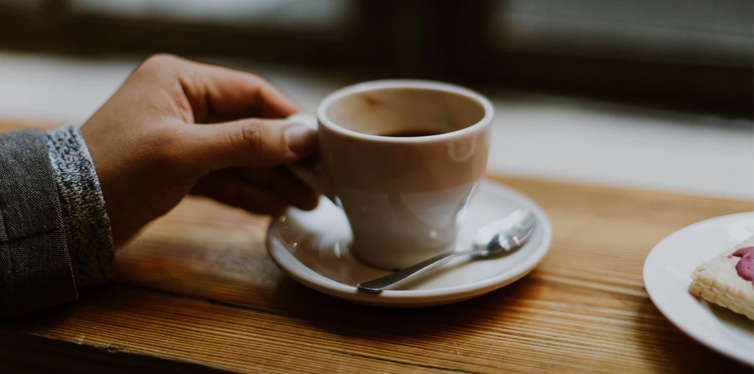
5. How It Is Cultivated
Arabica cultivation accounts for 75% of the coffee in the world, with the remaining 25% being Robusta. The main differences in cultivation depend on where the plant is grown. Arabica is self-pollinating and grows best on high slopes that are high above the clouds, depending on where in the world the plant is being grown, which is why it is unlikely to be found around flatter parts of the world. With Robusta, farmers need to cross-pollinate with a different plant to help it grow and is a stronger plant than the Arabica, which means it can be grown and cultivated in harsher environments.
6. Where They Were Found
Arabica coffee beans were originally discovered in Ethiopia around 1,000 BC, yes, BC, making it a kind of Adam and Eve of coffee. Robusta was first found in Zaire (at the time the Belgian Congo) in 1898. Now, both types of plants can be found all across the eastern hemisphere and around the equator. Robusta is mostly grown in Vietnam, while Arabica is grown in Brazil, but it has also been known to grow Robusta in parts of the country. Other countries include Colombia, India, Ecuador and Indonesia, so if you are ever traveling through these countries, be sure to check out a coffee tour to see how everything is done up close.
7. The Ease of Tending
Robusta coffee plants are easier to grow, which makes the tending process much simpler when compared to Arabica. It grows at lower altitudes and in warm weather, so farmers do not need to brave the chill of mountain ranges just to get a decent cup of coffee. Arabica plants will only grow at high altitudes and, while they do enjoy the sunlight, they are not too crazy about the heat.
Arabica also requires much more skilled workers to cultivate correctly, so not anybody can rock up and start picking. The plants themselves require a more gentle hand, and so when it comes to handpicking the bean, it is best to employ people who have adequate experience. The Arabica plants are also more susceptible to plant disease, such as coffee leaf rust, and pests, which can eat away at the plant and potentially ruin the crop.
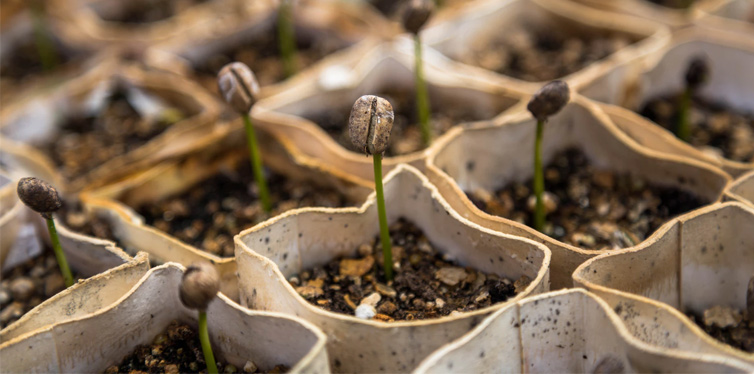
What Each Type Is Good For
Robusta
● Promotes weight loss
● Boost memory and concentration
● Prevents and slows cell damage which can reduce the chance of cancer, cardiovascular disease and Parkinson’s
● Lowers fatigue and prevents tension headaches
Arabica
● Better taste
● Less caffeine
● Lowers risk of diabetes
● It is 90% water, which helps you stay hydrated
● Full of antioxidants to reduce risk of disease and infections
Something Good is Brewing
So there’s just a little bit of information about the differences between the two most populous coffee beans found in the world. The way you drink your coffee is, of course, entirely up to you, but if you are looking for a quick boost in the morning, then Robusta is the way to go. If you prefer to relax after a meal, then Arabica should be your coffee of choice.
The next time you are using your coffee machine or even experimenting with a brand new cold brew coffee maker, you might be tempted to find out just what type of coffee you are throwing into a mug and stirring or, if you are a more sophisticated coffee aficionado, you will probably be using a coffee maker. However you prefer your coffee, it is always useful to understand the difference to help you get the most out of your morning brew.
Sources
- What is the Difference Between Arabica and Robusta Coffee Beans? – Delishably
- Coffee Basics: The Difference Between Arabica and Robusta – Kitchn
- About Robusta Coffee – Brand India Plantations
- Five Major Benefits of Arabica Coffee – Fustany


